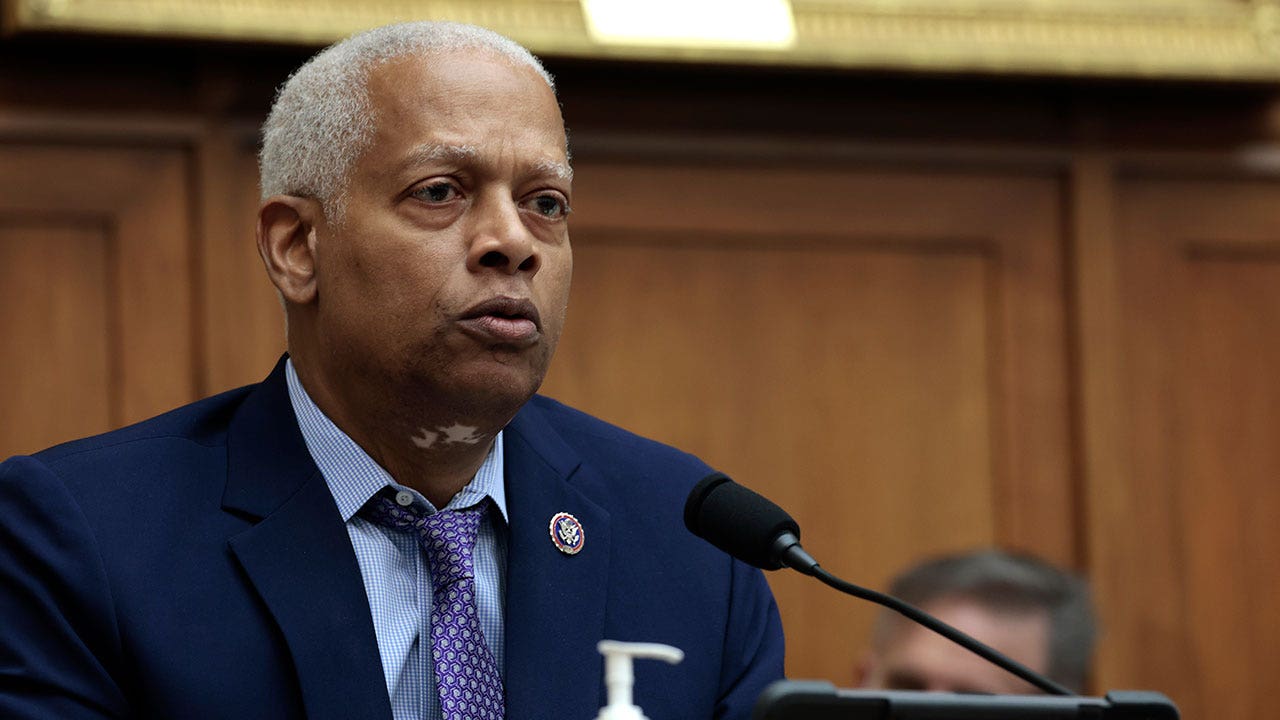A death row appeals bill is reintroduced by a Dem lawmaker, allowing for the consideration of new evidence.
The bill was initially proposed in 2009 and later revived in 2020.

A bill introduced by Georgia Democratic Rep. Hank Johnson would give death row inmates the chance to present new evidence in their appeals.
The Effective Death Penalty Act, H.R. 9868, was first proposed in 2009 and later in 2020. The bill aims to modify a provision in the U.S. Code that outlines the conditions under which a state prisoner can submit a habeas corpus petition.
"Johnson stated in a press release on Wednesday that innocent people are currently on death row with no chance to present new evidence of their innocence. He called the current situation inhumane and unconstitutional."
According to the U.S. Supreme Court, under current law, a federal court cannot grant a habeas corpus petition unless the petitioner has already exhausted all state court remedies. This requirement is intended to give state courts a full and fair opportunity to resolve federal constitutional claims before those claims are presented to federal courts.

Some states do not currently permit death row inmates to introduce new evidence that suggests their innocence and raise an ineffective counsel claim on direct appeal.
The Supreme Court case of Shinn v. Ramirez established that a habeas corpus court cannot hold an evidentiary hearing or consider any evidence beyond the state court record if the defendant claims ineffective counsel.
Johnson stated that although he believes the death penalty should be completely abolished, with 25 states, including half in the South, still using some form of capital punishment and states like Alabama, Texas, and Georgia continuing to execute, America needs the Effective Death Penalty Appeals Act to allow wrongly convicted individuals on death row to present new evidence proving their innocence.

The bill is being co-sponsored by Rep. Chellie Pingree, D-ME, Democratic House Delegate Eleanor Holmes Norton, and Rep. Jan Schakowsky, D-Ill.
The Supreme Court began its new term this month and heard oral arguments on an appeal from Oklahoma inmate Richard Glossip, who has always claimed to be innocent of the 1997 murder-for-hire of the owner of a motel he previously worked at. Glossip's initial conviction was overturned by the Oklahoma Court of Criminal Appeals due to the court's determination that he had received "constitutionally ineffective assistance of counsel in numerous respects," as stated in the brief filed.

Gossip claims that he was unfairly tried because the prosecution concealed evidence from a crucial witness. Justice Gorsuch abstained from the case because he had previously been involved in the appeals process while serving on a lower court.
politics
You might also like
- California enclave announces it will cooperate with immigration officials and the Trump administration.
- Danish lawmaker urges Trump to abandon Greenland acquisition plan.
- Now, the Dem who labeled Trump an "existential threat to democracy" is obstructing his nominees.
- The lawyer for Hegseth criticizes the "dubious and inaccurate" testimony of his ex-sister-in-law.
- The House GOP outlines a plan to improve the healthcare system, emphasizing its impact on national defense.



















